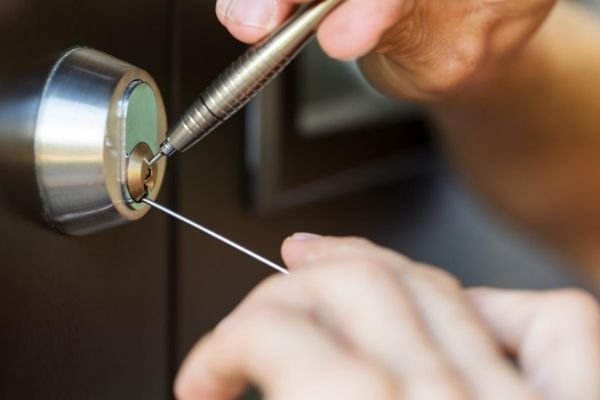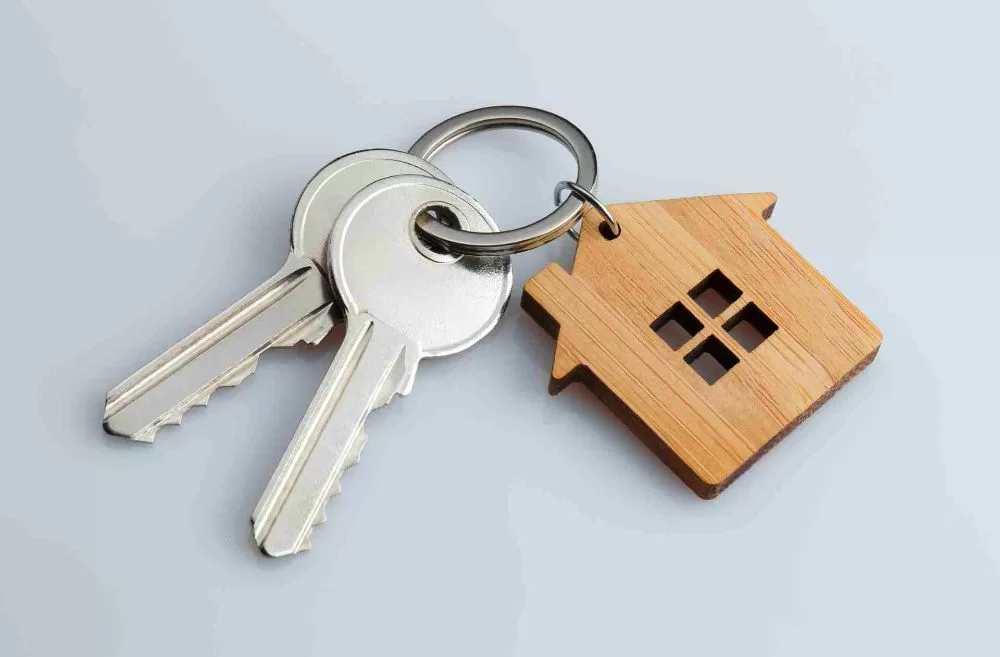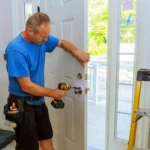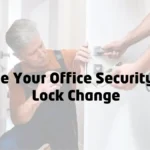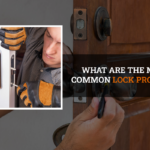Locksmiths use special tools to create keys, repair locks, and open stuck doors. Advanced instruments allow them to make new keys and unlock locks without breaking them. They have more than just lockpicks in their collection. They also have tools for fixing locks, making new keys, and even getting in without a key. In this post, we’ll talk about the important tools that a locksmith needs to do different jobs. Take a look at our reviews on Google. Standard Essential Tools locksmith compartment: A locksmith’s tool compartment is their primary weapon, and their responsibility is to protect things. However, locksmiths today employ a wide range of specialised tools to resolve any lock issue, in contrast to keymakers of the past. The right instruments are fundamental for any work. Broken key extractors: An extractor scissor set with a different style will eliminate broken keys and off-kilter pieces stuck inside keyholes. Laser key shaper and key duplicator: Is your work area packed with different cutting machines? Nowadays, a single machine can cut barrel, dimple, standard, auto, and simple cut keys. Use the processing machine to cut each critical code. Strain apparatuses: We’re not discussing the pressure that emerges when certain relatives come over— locksmiths’ pressure devices prevent pins from being moved down by springs when force is applied to lock plugs. Keep a spring-stacked round wrench close by, or utilise a plume contact strain wrench for more prominent control and force. The most important tools for a locksmith Today, locksmiths use many specific devices to fix any lock issue. The right tools are necessary for any job. Lock Pick Set Tension Wrenches Flashlight Broken Key Extractor Set Keyhole Cleaners Pressure torques Pick weapons Knock keys supporter Locksmith Fundamental Devices for the Exchange Each locksmith has a solid pack loaded with various types of devices for various positions. These instruments let them do numerous things, like making new keys, fixing broken locks, and opening stuck entryways. We should investigate the main things that a locksmith usually needs. A locksmith’s tool compartment is their principal weapon, and their responsibility is to guard things, unlike the key makers of the past. Private and Business Locksmith Toolbox: Given their work areas, there might be little contrast in private and business locksmiths’ toolboxes, yet the fundamental instruments will always be similar. Private locksmiths could have additional devices for things like deadbolts and switches, which are popular in homes. Then again, business locksmiths might have devices that are made particularly for high-security locks and access control frameworks used in stores and places of business. Top tools picked in a toolbox Lock Pick Set: This set includes various picks and pressure instruments for cautiously moving the parts inside a lock. Thoroughly prepared locksmiths can use these devices to get in without breaking the lock. Broken Key Extractor Set: Sometimes, keys stall out in locks and are taken out. With this arrangement of extractors, locksmiths can securely take out broken key pieces without harming the lock framework any longer Padlock Shims: Padlock shims are thin, metal strips that can break into open a padlock without a key. Auto Jigglers: These devices, which look paper-thin, are made to move the pins inside vehicle entryway locks to open the entryways. Tools of safety for locksmiths Locksmiths use many tools, some of which are sharp, loud, or have small parts to move around. However, they also use a few important safety tools to stay on the job. Safety Glasses: Drilling, cutting, or working with lock components may cause metal shavings, wood splinters, and other debris. Impact-resistant safety glasses are required to safeguard your eyes. Hand Protection: There are many different hand protection choices depending on the danger you need to protect yourself from. Here are some popular types of hand protection. Leather Gloves: When working with hot tools, like soldering equipment for safes, leather gloves protect you from the heat and keep you safe. Cut-Resistant Gloves: These gloves keep your hands from getting cut or scraped when you use sharp tools or work with rough materials like metal or broken door parts. Important consideration Towergate Locksmith’s priorities are: 1. Safety and Security: This includes ensuring our customers and their goods are safe. In case they get locked out Selby of their homes or cars, this means getting them back quickly and easily. It also means giving them security options, like rekeying locks when someone loses their key, installing high-security locks, or fixing broken locks to stop break-ins. 2. Customer Satisfaction: Meeting their immediate wants is very important, but earning their trust and happiness also goes a long way.


